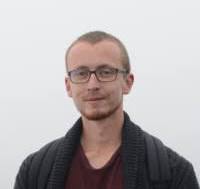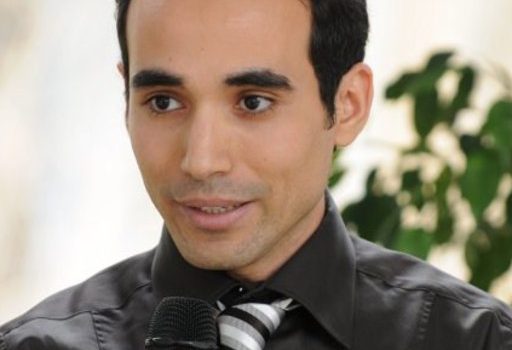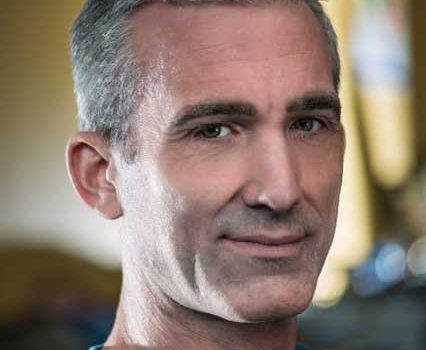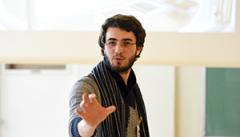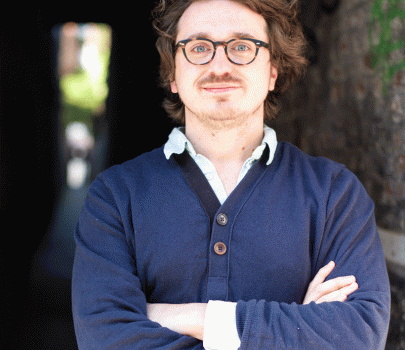The defense will take place on Tuesday 19th December at 2 PM in the Heidi Lamarr building (Amphi Chappe), Insa-Lyon, Villeurbanne.
Title
Navigation Among Movable Obstacles (NAMO) Extended to Social and Multi-Robot Constraints
Abstract
As robots become ever more commonplace in human environments, taking care of ever more tasks such as cleaning, security or food service, their current limitations only become more apparent. One such limitation is of their navigation capability in the presence of obstacles: they always avoid them, and freeze in place when avoidance is impossible.
This is what brought about the creation of Navigation Among Movable Obstacles (NAMO) algorithms, expected to allow robots to manipulate obstacles as to facilitate their own movement. However, these algorithms were designed under the hypothesis of a single robot per environment, biasing NAMO algorithms into only optimizing the single robot’s displacement cost – without any consideration for humans or other robots. While it is desirable to endow robots with the human capability of moving obstacles, they must however do so while respecting social norms and rules of humans.
We have thus extended the NAMO problem as to take into account these new social and multi-robots aspects. By relying on the concept of affordance spaces, we have developed a social occupation cost model allowing the evaluation of the impact of moved objects on the environment’s navigability. We implemented (and improved) reference NAMO algorithms, in our open source simulation tool, and modified them so that they may plan compromises between robot displacement cost and social occupation cost of moved obstacles – resulting in improved navigability. We also developed an implicit coordination strategy allowing the concurrent execution of these same algorithms by multiple robots as is, without any explicit communication requirements, while preserving the no-collision guarantee; verifying the relevance of our social occupation cost model in the actual presence of other robots. As such, this work constitutes the first steps towards a Social and Multi-Robot NAMO.
Jury
-
- Philippe Mathieu , Professeur des Universités, Université de Lille, CRISTAL, Rapporteur
- Fabien Michel, Maître de Conférences HDR, Université Montpellier 2, LIRMM, Rapporteur
- Julie Dugdale, Professeur des Universités, Université de Grenoble, LIG, Examinatrice
- Rachid Alami, Directeur de Recherche CNRS émérite, LAAS, Toulouse, Examinateur
- Olivier Simonin, Professeur des Universités, INSA-Lyon, CITI, Directeur de thèse
- Jacques Saraydaryan, Enseignant Chercheur, CPE Lyon, CITI, Co-encadrant


